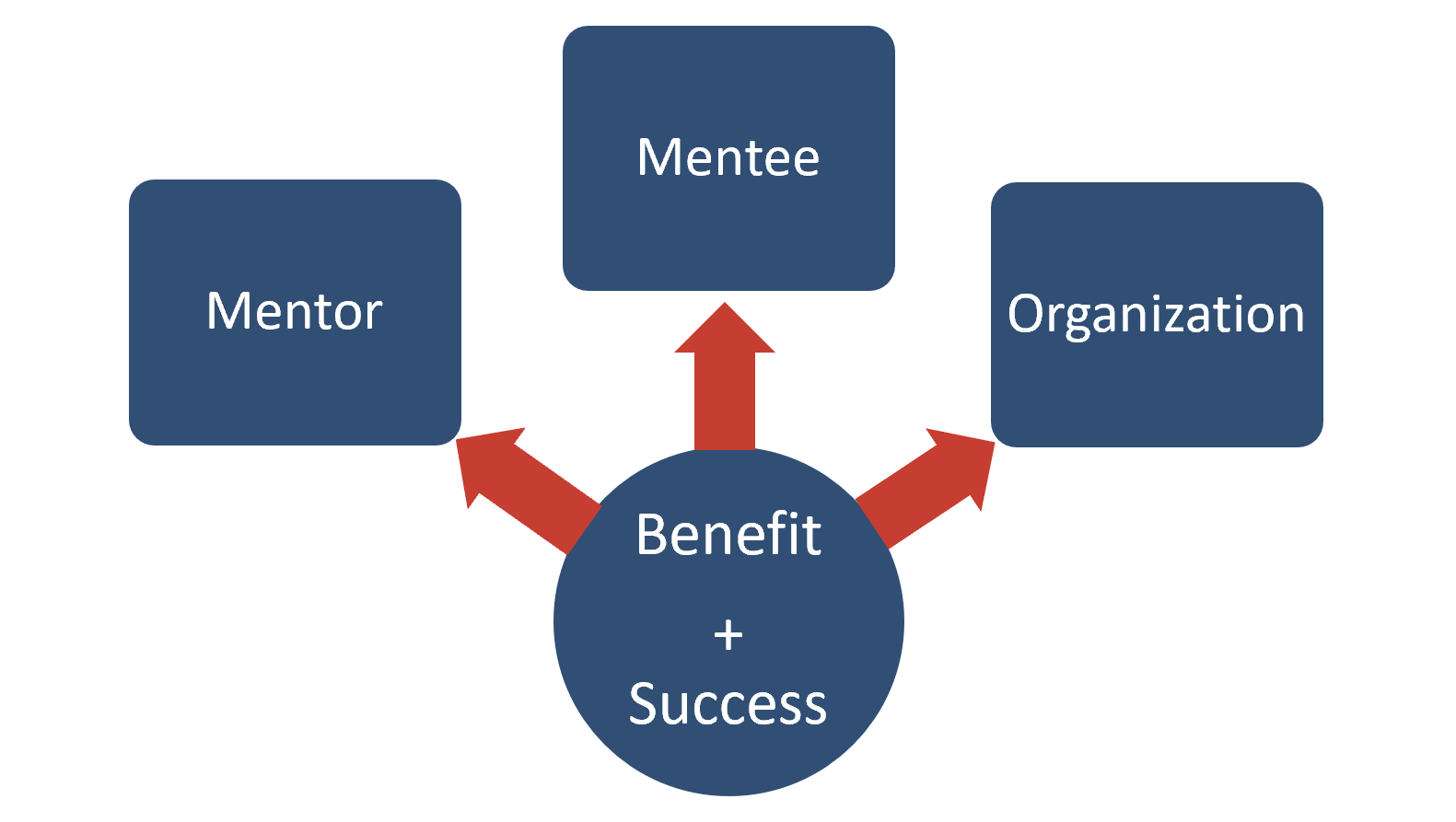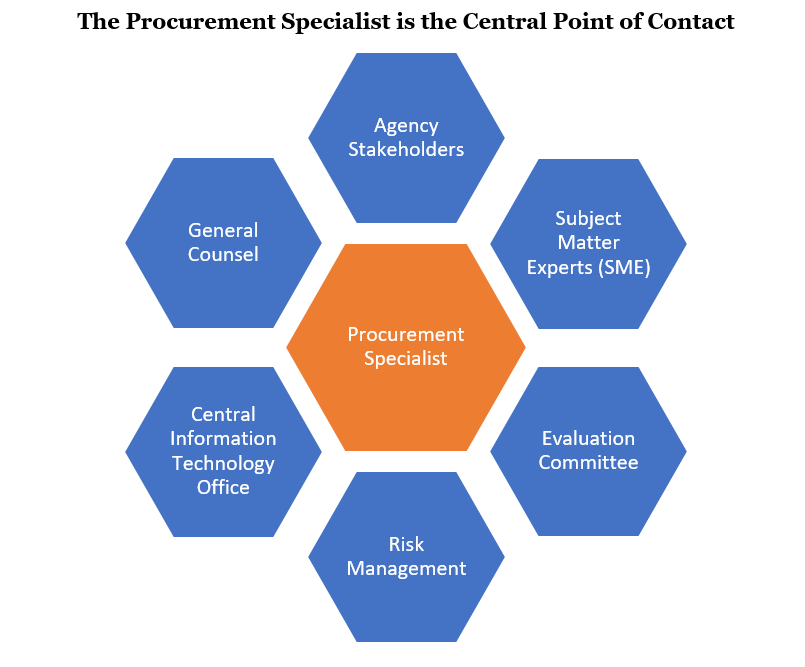
Mentorship – Benefits for All
July 13, 2021
How do you learn best? In the classroom, a digital environment, independent study, or one on one interaction? The answer may vary depending on many factors, but individual instruction is a very effective way to learn. A mentorship program establishes a one-on-one relationship for professional development to grow your career. Think of mentorship as it relates to a school or university; personal time with a teacher, private tutoring, or office hours with a professor can be an excellent way to enhance your education. This setting provides an opportunity to interact, ask questions, and get perspective that will better prepare you to grow and advance.
Relationships are at the heart of mentoring. During this personalized experience, conversation with your mentor reveals important details of their professional journey that you can use and apply to your career. When executed effectively, the program can produce confidence and ambition in your career.

Mentorship programs have been considered as a benefit not only to the mentee, but also to the mentor and the organization. This mutual relationship is why mentorship can contribute to the overall success of all involved.

-The Benefits of Mentoring – UC Davis Human Resources[1]
Benefits to New Employees
Organizations have integrated a mentorship program for new-hire onboarding. New employees are linked up with a mentor and are guided through the orientation process. Mentorship can make an impact right away as new hires feel more welcomed and attended to. An experienced colleague can be there to share expectations, job functions, and nuances of workplace culture and the mentee is more prepared and empowered. A start to a career through great first impressions can be such a benefit to all involved.
Professional Development and Talent Retention
Professional development strategies use mentorship to cultivate future leaders and expand the talent pipeline. Advice from an experienced colleague who has advanced in the organization contributes to continued success as a part of effective leadership training and development of potential executives.
Millennials are now the largest generation in the U.S. labor force.[2] A Millennial study by Deloitte, focused on talent retention and employee loyalty. The study showed that employers have found that “those intending to stay with their organization for more than five years are twice as likely to have a mentor (68 percent) than not (32 percent). Among those intending to leave within two years, the ratio of those with (56 percent) and those without (44 percent) a mentor is much lower.”[3]

-The 2016 Deloitte Millenial Survey – Winning over the next generation of leaders
Millennial professionals value personalized investment and is a very important part of job satisfaction. The reality is, if this demographic does not feel like their organization aligns with their values and beliefs, they will find another job. Employers have increased mentorship programs to encourage employee loyalty, and as the Millennial survey shows, the longevity of employment increases as these investments are made.
NASPO members agree that there is a need for mentorship programs within their procurement offices. Talent management continues to be a challenge. Attracting quality candidates, especially in the IT space is very competitive. Some procurement employees need on-the-job training to become comfortable with IT subject matter. Procurement offices will be better positioned to handle challenges in IT procurement through paring experienced employees with those who need guidance.
NASPO Mentorship Toolbox
NASPO has developed a Mentorship toolbox to help design a formal mentorship program within your procurement office.
Read More:
[1] University of California, Davis. The Benefits of Mentoring. UC Davis Mentoring Toolkit. https://hr.ucdavis.edu/departments/learning-dev/toolkits/mentoring/benefits
[2] Fry, R. (2018, April 11). Millennials are the largest generation in the U.S. labor force. Pew Research Center. https://www.pewresearch.org/fact-tank/2018/04/11/millennials-largest-generation-us-labor-force/
[3] Deloitte. (2016). Winning over the next generation of leaders. The 2016 Deloitte Millennial Survey. https://www2.deloitte.com/content/dam/Deloitte/global/Documents/About-Deloitte/gx-millenial-survey-2016-exec-summary.pdf
